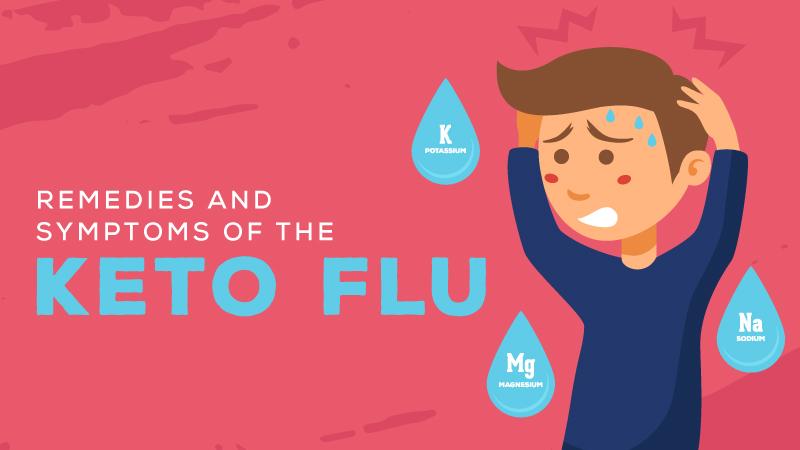As so many of our schedules have flip-flopped and shifted during these uncertain times, it's perhaps more essential than ever to make sleep a priority. Adequate sleep, which most experts agree tends to fall between 7-9 hours of rest, will keep your immune system healthy and strong to protect you and your family against disease and infection.
If you struggle to fall asleep at night, tend to stay up too late, or find that you're regularly tired and sluggish each day, it's important to take steps to develop healthy nighttime routines and habits for better sleep, and an overall improved quality of life! Read on to learn more about how a full night of restful sleep will yield health benefits in every area of your life.

1. Setting a sleep schedule keeps your body on track
Consistency is key for many things in life, including getting the right amount of restorative sleep! The truth is, even if you don't feel tired at night, staying up an hour or two later can significantly sabotage your schedule and quality of sleep, as an irregular schedule can interfere with your natural circadian rhythm and levels of melatonin, which act as internal clocks to alert your body to bedtime and rising time.
Moreover, if you stay up to watch TV or play on your phone, the blue light emitted from these screens will make it that much harder for you to fall asleep when you finally slide into bed, so even if you don't feel tired, avoid electronics, and opt for a relaxing book beneath the covers, instead. You'll feel sleepy in no time!
2. Adequate sleep helps keep the pounds off
Did you know that individuals who get only five hours or less of quality sleep each night have a 15% higher risk of becoming obese down the road?
There are a few factors behind this statistic: for one, if you manage to slog through your daily routine on so little sleep each day, you're likely not going to have the energy you need to exercise or eat healthily (let's face it: salad prep is arduous). In addition, sleep-deprived individuals are more likely to seek energy from different sources, such as food. If you're awake for the majority of the 24-hour day, you're also more likely to reach for an additional meal or snack than individuals who goes to bed earlier.
Hormones also play a significant role when it comes to sleep deficits and weight gain. Grehlin and leptin are the culprits here: grehlin is a hormone that triggers hunger signals in the brain, while Leptin is a hormone that signals fullness and satiation.
When you don't get enough sleep, your body produces more grehlin than leptin, making you more likely to feel hungry and reaching for extra food throughout the day.
3. A full night's rest will greatly improve productivity
When you miss out on the sleep you need, your productivity suffers more than you probably think. In fact, consistent sleep deprivation greatly reduces cognitive and problem-solving abilities, and affects concentration and performance at work or school.
Additionally, some studies show that individuals who stay awake for long periods of time (17-19 hours per day) exhibit brain function similar to that of an intoxicated person. You might think you're being more productive by staying up and getting work done (or pulling an "all-nighter" for school), but in reality, your brain is functioning at only a portion of its full capacity.
On the contrary, people who get enough sleep show improved problem-solving ability and enhanced memory, which greatly aid in productivity and a strong performance at work or school.

4. Sleep improves every area of your health (mental state, immunity, etc.)
It's already clear that we can't function at 100% without a sufficient amount of sleep, but did you know that a lack of restful sleep each night can play a huge role in your overall health?
Insufficient sleep directly affects cardiovascular health, leading to a much higher risk of heart disease and stroke for those who sleep less than seven hours per night on a regular basis. Additionally, mental health issues, such as depression and anxiety, are also exacerbated by and closely linked to sleep deprivation, as exhaustion can change brain activity and affect the neurochemicals responsible for your mood.
Your immune system also takes a dive when you're operating on a minimal amount of sleep. Vital cytokine production — proteins that control inflammation, and work together with the cells responsible for your immune health — is significantly less effective in fighting germs and infection, leaving you much more susceptible to disease.
5. Feeling well-rested improves your emotional and social interactions
It's no secret that when we feel strong, healthy, and well-rested, we're much more present for the ones we love. No one is depending on your sleep more than your family is, so even if you feel guilty for going to bed early or sleeping in a bit later than usual, do what is necessary to ensure you are in the best possible shape for your loved ones. You'll connect with them far better than you would if you were cranky and exhausted!
Need some help falling asleep and staying asleep?
If you're struggling with falling asleep or staying asleep at night, there is a wide range of sleep supplements available to help you get the rest you need! Because the overwhelming number of options might seem a bit daunting, allow us to recommend Vitamin Bounty's Sleep Aid, which is gentle and non-habit forming, so you won't become dependent. Containing natural ingredients like melatonin, chamomile, valerian root, and lemon balm, Sleep Aid will help you fall asleep quicker and stay asleep longer.
A few other steps you can take to fall asleep more quickly include lowering the temperature in your room, and dimming the lights an hour or two before bedtime to prepare your body for sleep.
Remember: It's well worth taking a few extra steps to ensure you get the sleep you need to be fully present, healthy, and engaged for your family and loved ones!








Leave a comment
All comments are moderated before being published.
This site is protected by hCaptcha and the hCaptcha Privacy Policy and Terms of Service apply.